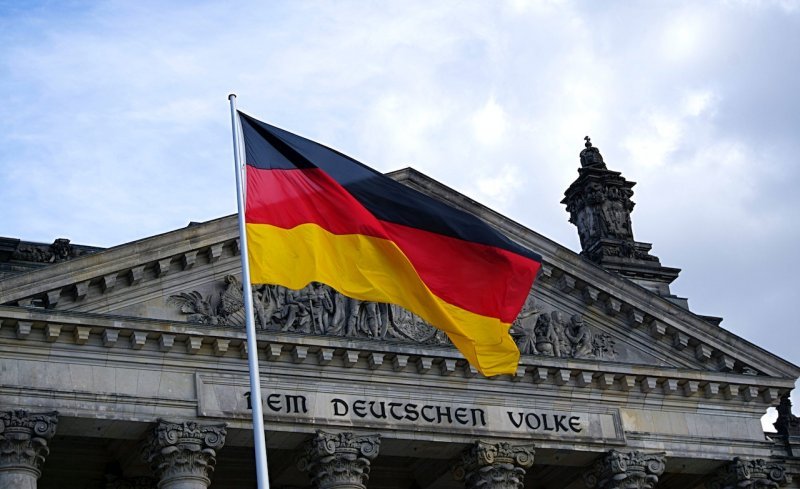European Court of Justice to Review Landmark German iGaming Case
A significant legal dispute involving historic player losses in Germany has been escalated to the European Court of Justice (ECJ) for deliberation. This development follows the German Federal Court of Justice (BGH)’s decision in June to transfer the case to the ECJ, which was officially announced on 25 July.

The Dispute Details
The core of the dispute lies between an online sports bettor and Tipico, a betting operator based in Malta. The bettor incurred losses amounting to €3,719.26 with Tipico over a five-year period from 2013 to 2018.
Although Tipico was licensed by the Malta Gaming Authority (MGA) during this time, it lacked the necessary German permit to offer sports betting, a licence that was only granted in 2021.
Regulatory Background
The situation stems from delays in Germany’s sports betting licensing system, which was only clarified in 2020.
Despite the legalisation of sports betting, no licences were issued during the intervening years, creating a regulatory gap. This resulted in a period where the legality of sports betting operations was ambiguous.
European Law Implications
The ECJ’s upcoming decision is poised to address whether the player’s losses should be reimbursed under European law. This case is crucial as it will potentially set a precedent affecting numerous similar cases across Europe.
The plaintiff argues that the betting contracts under which the losses occurred are void due to non-compliance with Germany’s State Treaty on Gambling. Conversely, European law mandates the free movement of services across member states, complicating the issue.
Industry Repercussions
The decision of the ECJ is eagerly awaited by the European gambling sector, as it could influence the outcome of various pending cases involving the reimbursement of player losses.
Legal experts predict that several ongoing proceedings in civil courts will be put on hold until the ECJ delivers its verdict.
This case highlights the ongoing challenges and complexities within the European iGaming industry, particularly in the context of evolving regulatory frameworks.
